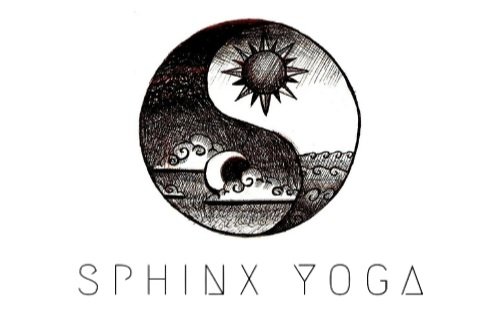Metamorphosis
Some musings from our workshop last week...
Life is essentially the metamorphosis from one stage to another, sometimes happening apparently seamlessly, possibly unnoticed, with little effort. At other times the metamorphosis happens messily, painfully, loudly, requiring herculean amounts of effort. Our body transforms from infant to adult to elderly, with all manner of configurations on the way. Our brain wiring proliferates so that we develop self-awareness, language, fine motor behaviours, the ability to empathise. In the longest running study of its kind, who we are at 77 has been shown to have no significant correlation to who we were as a teenager. We are constantly transforming, shedding our skin and becoming new versions of ourselves.
New Year is a time we are invited to make resolutions. What will I do this year? Who will I be? Often emerging as a list of achievements to set about reaching. And whilst there is nothing inherently wrong with having aims, it’s easy to get caught in the, “not quite good enough as I am” narrative. Can we create a container that allows us to grow without rejecting who we are now? Can we choose in which direction our life might go, without diminishing our present stage of being?
This is where the idea of metamorphosis can help us. Metamorphosis suggests something organic, an unfolding, an evolution of the self. The process doesn’t have an end goal, each stage in the process is equally valid, an essential part of the journey. Om mani padme hum – the jewel is already in the lotus flower. To the human eye, we might perceive that the butterfly is what it’s all about, but nature makes no preference between the larva, the caterpillar, the chrysalis, or the butterfly. Can we similarly trust that, once the conditions are right, we can witness our unfolding with acceptance, knowing we are headed the right way, no matter how bleak things might get? For the truth of that matter is, that for many significant, meaningful, and transformative processes to take place we must first surrender everything. We must welcome death, we must let go. We must permit – although often with much clinging – the disintegration of what we know, often without knowing what comes next. And from the wreckage we emerge, stronger, new. Like the phoenix who burns to dust before rising up, the caterpillar too must sacrifice itself to death, pain, and struggle, to be reborn as a butterfly. This cycle of death and life colours the whole of a lifespan in big and small ways, subtle shifts and seismic rifts.
But what are the ‘right conditions’ to support this? There are so many ways to consider that question. In the New Year’s Day yoga workshop we explored two psychological approaches – Compassion Focused Therapy and Acceptance and Commitment Therapy. More to come on these topics soon…
